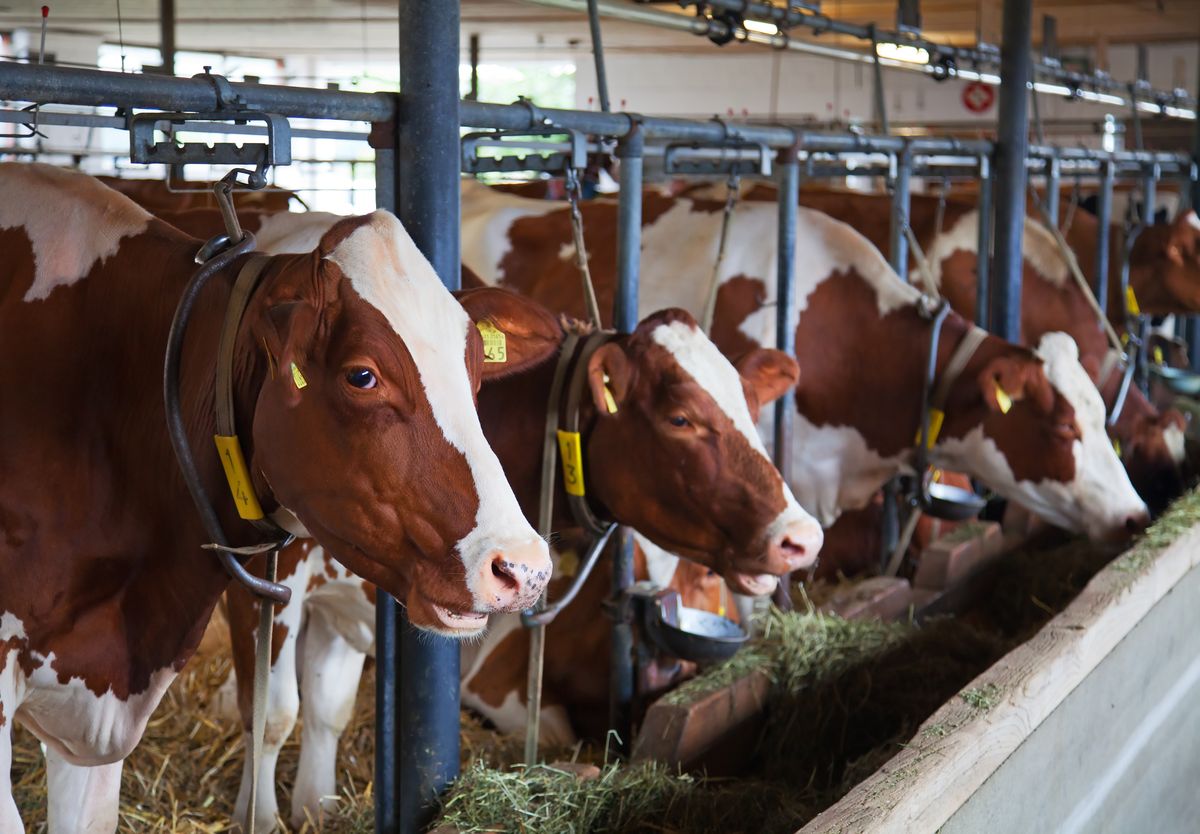Traditional dairy milk, once a dietary staple in America, is experiencing a significant decline in consumption. According to The New York Times, since 1975, Americans' consumption of dairy milk has dropped by 40%. The shift in consumer preference can be attributed to the rising popularity of non-dairy alternatives like almond, soy, and oat milk. As people become more informed about the origins of their dairy products and the food quality practices involved in their manufacturing, they are opting for plant-based alternatives.
Researchers at McKinsey & Company have found that Gen Z and Millennials, in particular, are embracing plant-based alternatives. A 2021 study highlights concerns for personal health, animal welfare, and environmental impact as key factors driving this shift. The production of dairy has been linked to substantial contributions to climate change. According to a 2021 study published in Nature Food, approximately 34% of annual greenhouse-gas emissions worldwide are generated by our global food systems. In comparison, plant-based alternatives have been shown to have significantly lower environmental impacts in terms of emissions, land use, and water consumption.
With a growing understanding of the negative environmental implications and an increasing desire for sustainable options, consumers are actively seeking plant-based alternatives to traditional dairy products. The shift towards non-dairy alternatives reflects a broader trend of prioritizing personal health and environmental sustainability in our dietary choices. As the demand for plant-based milk continues to rise, the dairy industry faces a critical challenge in adapting to changing consumer preferences and addressing the concerns surrounding its food quality practices.
Rising Competition: Plant-Based Milk Surges Amid Concerns for Animal Welfare and the Environment
The market for plant-based milks is experiencing rapid expansion, outpacing the growth of dairy milk. While dairy milk's growth rate remains at 3%, plant-based milks are flourishing with a remarkable 10% growth rate. According to Strategic Market Research, the global plant-based milk market, currently valued at $35 billion, is projected to grow by 15% over the next seven years, reaching an estimated value of $123 billion. Researchers attribute this growth to factors such as increased lactose intolerance awareness and the rising popularity of vegan diets.
Simultaneously, a growing number of consumers are shifting away from dairy due to concerns over poor food-quality practices. Revelations of animal cruelty, deceptive marketing tactics, and sustainability issues have prompted some individuals to seek alternatives to dairy.
As scientists specializing in animal welfare investigate the treatment of cows in dairy farming, customers and advocacy groups are pushing for improvements in industry practices. The National Milk Producers Federation, which represents a majority of the country's 35,000 dairy farmers, acknowledges the need for better animal welfare standards. Their efforts include more frequent veterinarian farm visits, regular training on humane cow handling, and phasing out the controversial practice of tail docking.
However, the topic remains contentious, as some farmers argue that isolated incidents should not tarnish the entire industry's reputation, while animal-welfare advocates contend that there is no such thing as humane dairy farming.
Previous investigations into subpar food-quality practices have significantly influenced public opinion regarding large-scale dairy operations. Critics and advocacy groups argue that transparency within the dairy industry remains insufficient. Continue reading to discover which dairy companies have faced scrutiny for their egregious practices.
1) Fair Oaks Farms and Fairlife:
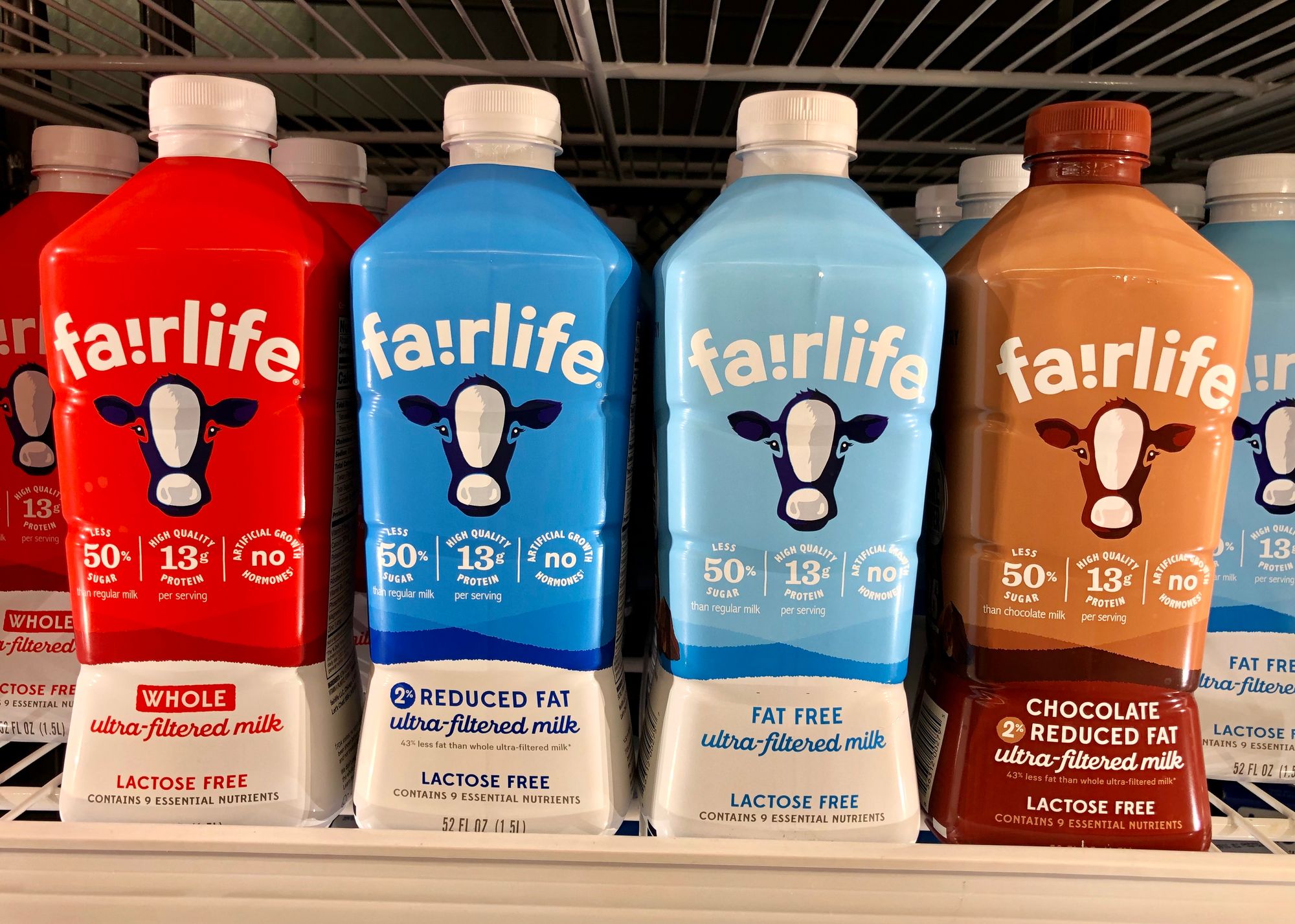
Controversy Surrounding Animal Abuse Allegations Fair Oaks Farms, a major dairy farm in northwest Indiana that supplied milk to the popular ultra-filtered milk brand Fairlife, faced severe backlash in 2019 when allegations of calf and cattle abuse emerged. An undercover agent from the non-profit animal welfare group Animal Recovery Mission (ARM) captured videos showing workers allegedly throwing calves, hitting them with bottles, and kicking them. These videos sparked outrage among customers and led to protests. Three employees faced animal cruelty charges, and a civil-action lawsuit was filed against Coca-Cola and others for misleadingly advertising Fairlife milk as originating from humanely treated cows.
In April 2022, Coca-Cola, Select Milk, Fair Oaks Farms, and the owners of Fair Oaks Farms, Sue and Mike McCloskey, agreed to a $21 million settlement. Following the incident, the brand committed to enhancing animal welfare oversight, including the implementation of camera monitoring and unannounced audits conducted by third parties.
2) Organic Valley Dairy Co.:
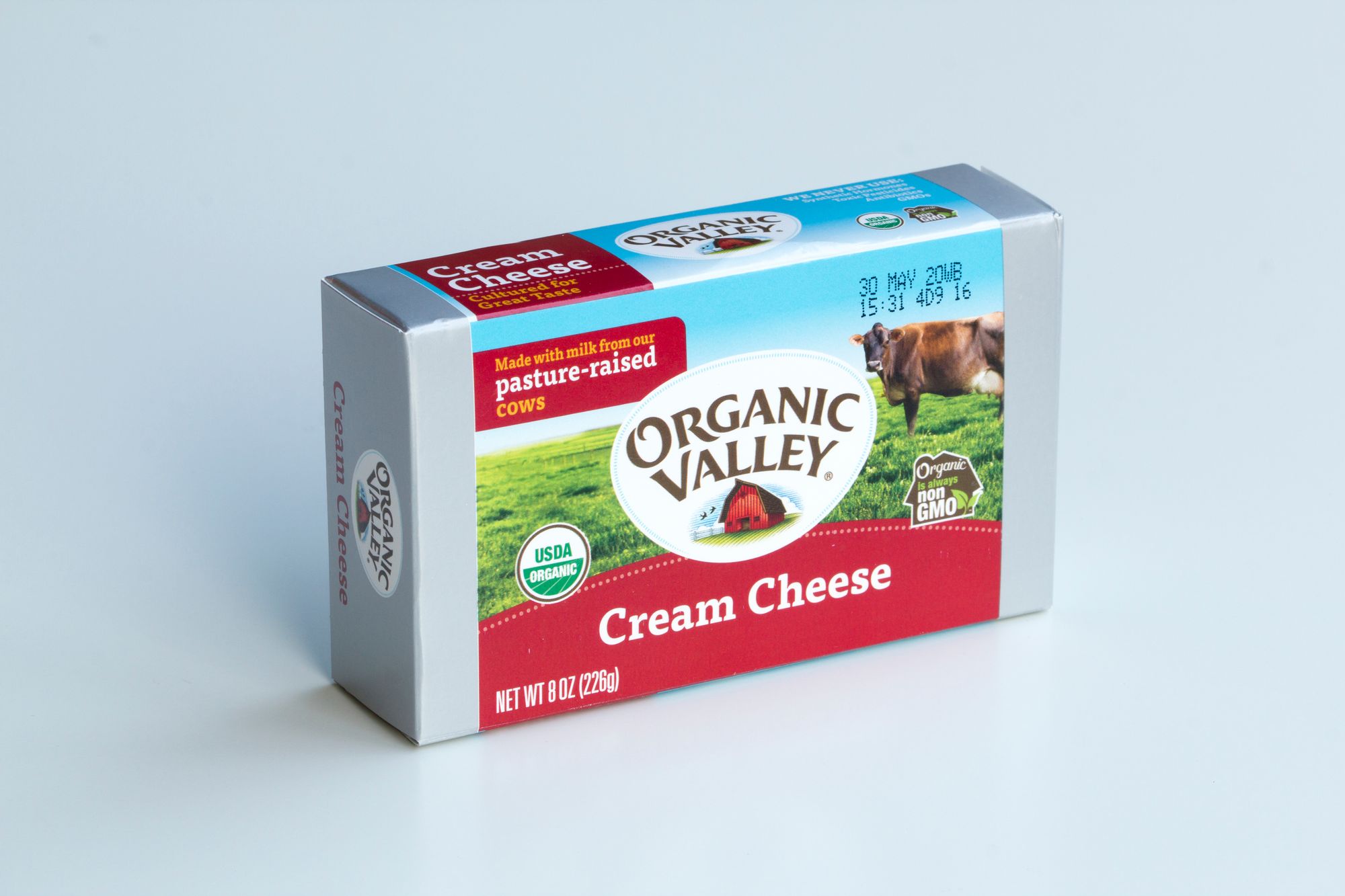
Deceptive Marketing Practices Allegations Organic Valley, a farmer-owned cooperative, faced a class-action lawsuit in 2022 alleging deceptive marketing practices. The lawsuit claimed that the idyllic green pasture depictions and messages on the company's milk cartons misled consumers. A resident from Oroville, California, named Amber Takahashi-Mendoza accused Organic Valley of falsely representing that it treats its dairy animals humanely while separating newborn calves prematurely from their mothers.
People for the Ethical Treatment of Animals (PETA) filed the lawsuit on behalf of Takahashi-Mendoza, and a federal judge recently denied a motion to dismiss the case. The judge ruled that Organic Valley's carton labels could be deemed misleading since consumers could reasonably expect practices that do not involve early separation of mother and calf.
3) Reitz Dairy Farm:
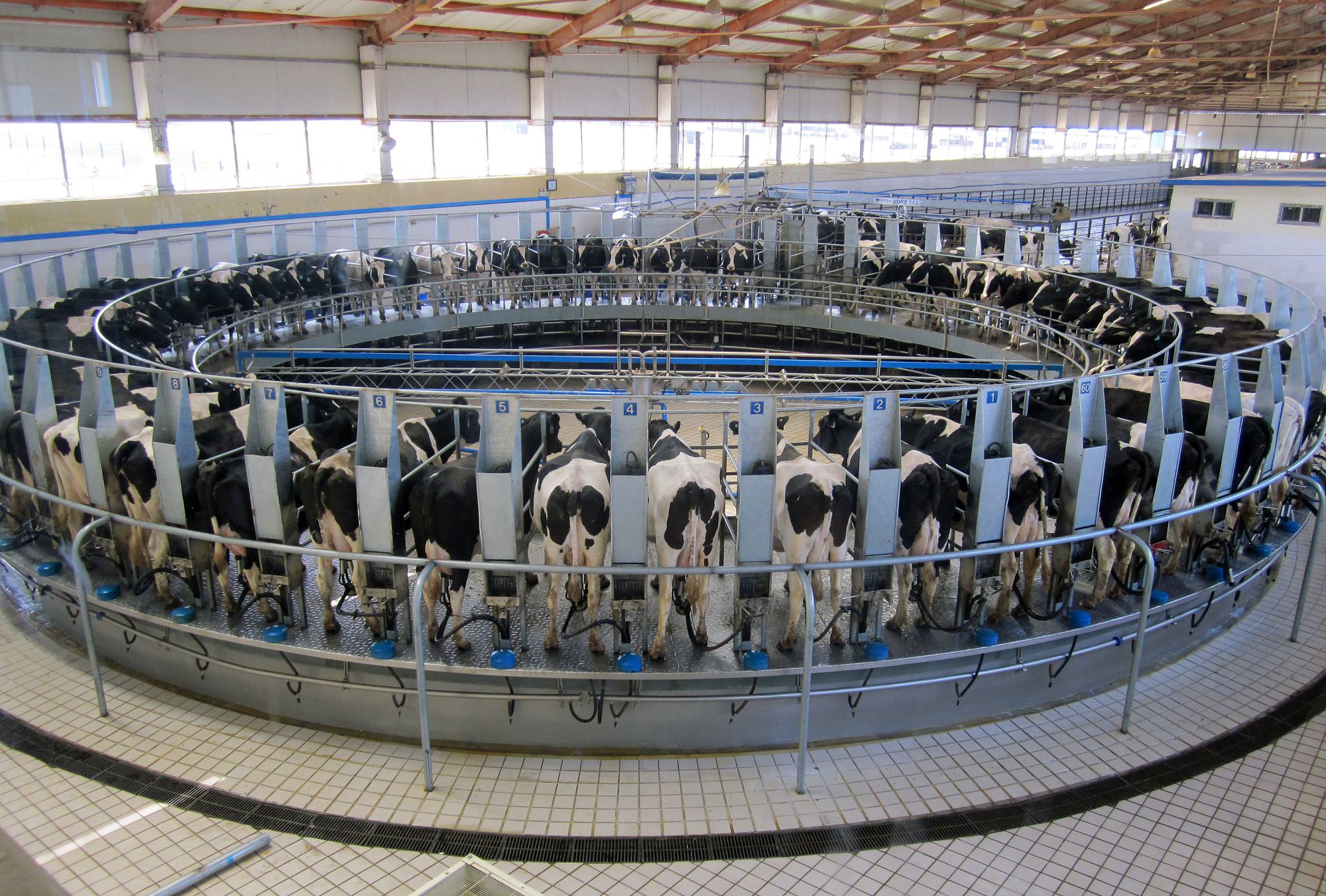
Repeated Accusations of Animal Mistreatment Reitz Dairy Farm, a family-owned operation near Shamokin, Pennsylvania, faced allegations of livestock mistreatment on multiple occasions. In 2009, PETA accused the farm, which supplied milk to Land O'Lakes, of routinely neglecting and abusing cows in unsanitary living conditions. While the farm faced 21 misdemeanor counts of animal cruelty, a team of four independent veterinarians sent by Land O'Lakes reported no evidence of mistreatment.
In 2019, PETA launched new allegations against the same dairy farm based on whistleblower complaints from employees. Despite presenting video evidence to the Pennsylvania State Police, an investigation conducted in the presence of the Reitz family and the farm's veterinarian found no violations of animal cruelty laws, according to The Daily Item. PETA expressed their disagreement with this conclusion, citing the publicly released footage.
4) Threemile Canyon Farms:
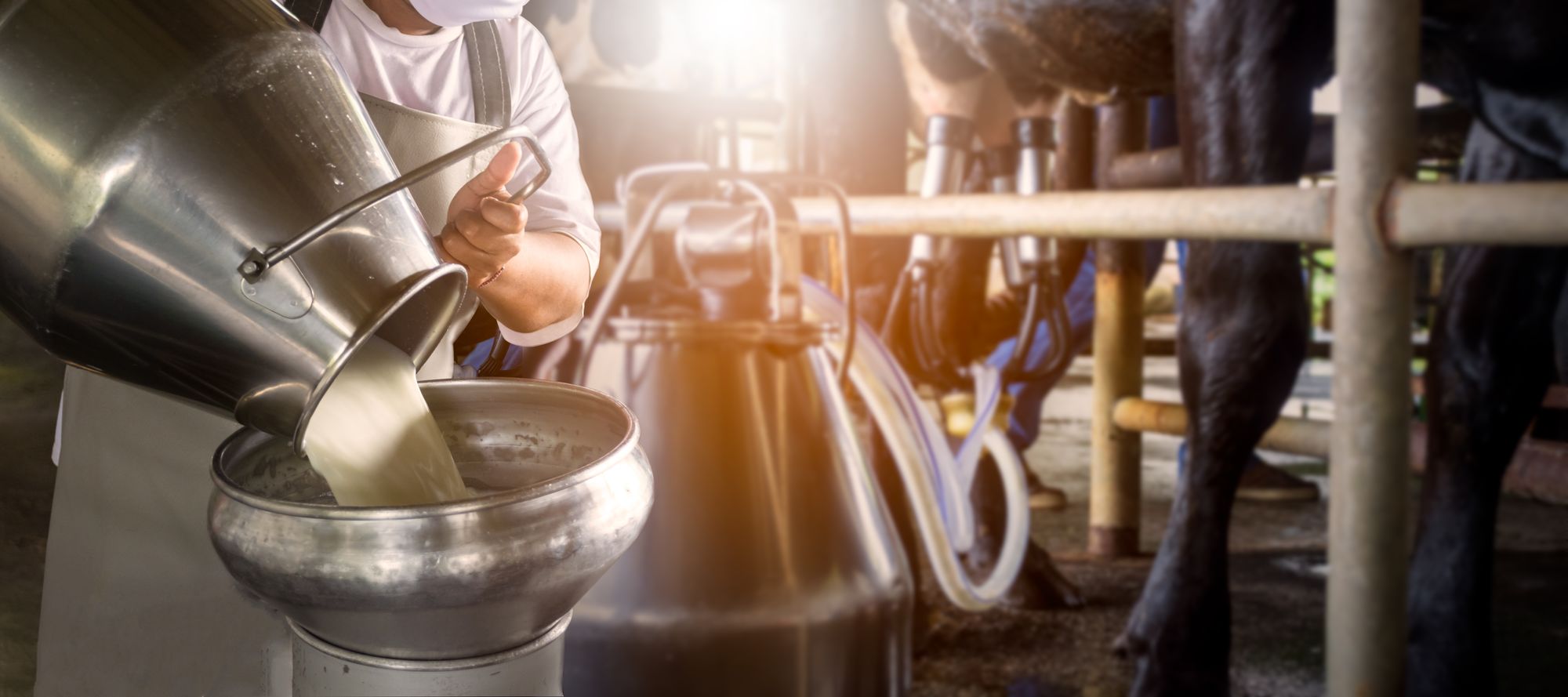
Pollution and Environmental Regulation Violations Threemile Canyon Farms, Oregon's largest dairy, faced accusations of violating air pollution rules in 2022. The environmental advocacy non-profit Food & Water Watch claimed that the farm, housing over 55,000 dairy cows solely for milking, made false claims of adhering to environmental regulations when applying for emission reduction credits in California. The California Air Resources Board announced an investigation into these claims.
This was not the first time Threemile Canyon Farms faced scrutiny for alleged pollution. Between June 2019 and September 2020, the Oregon Department of Environmental Quality fined the farm $19,500 for exceeding the maximum allowed particulate matter pollution at the facility on five occasions. Food & Water Watch highlighted Threemile as one of 11 mega-dairies contributing to significant amounts of heat-trapping gases, exacerbating climate change, droughts, and wildfires.

